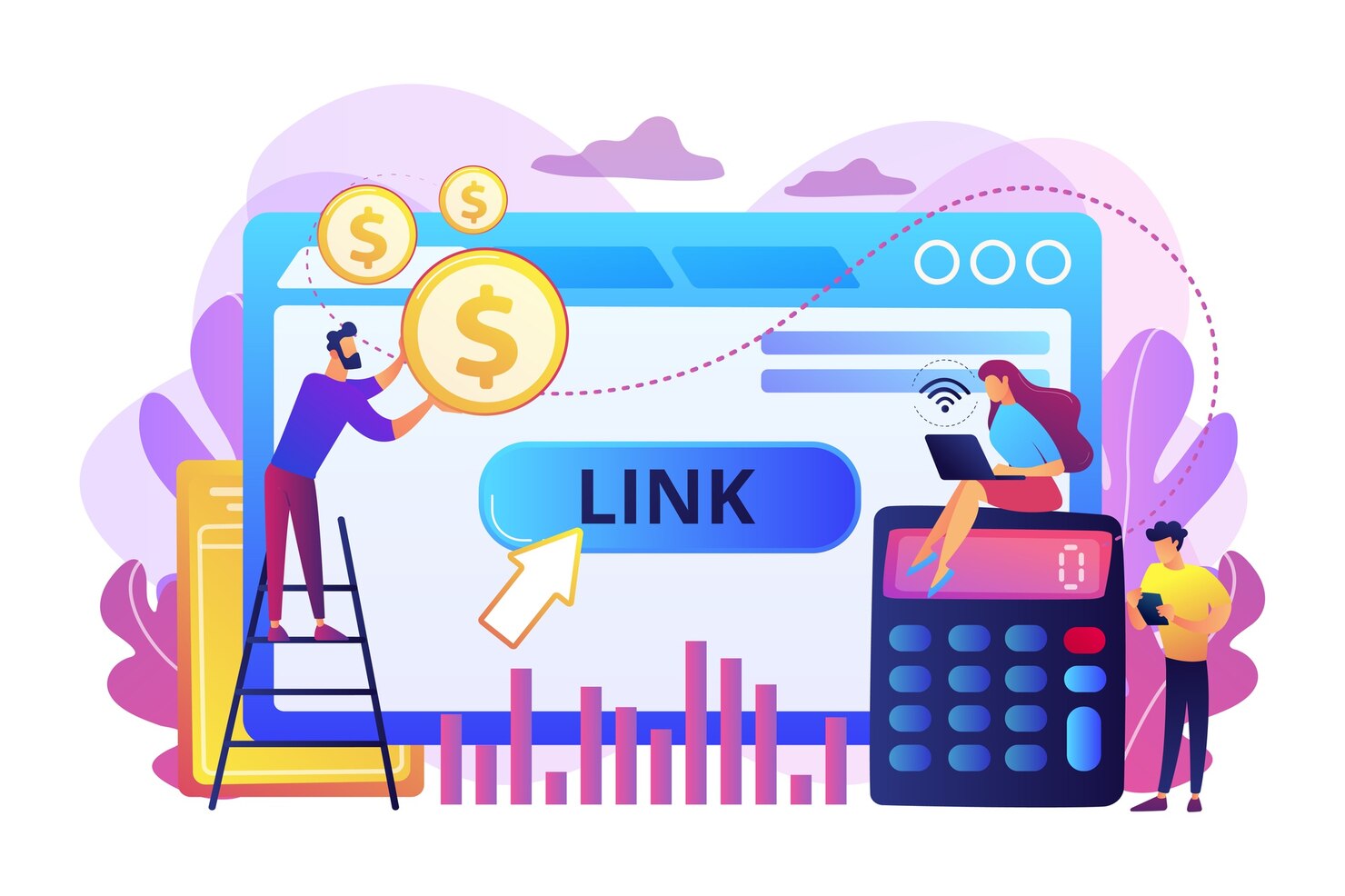In this article, we have featured 10 Ways to Improve E-commerce Category Pages for SEO In 2022. If you want your e-commerce website to rank higher in search engine results pages, then you need to pay close attention to your category pages.
These are the pages on your site that list all the products in a certain category, and they play a vital role in both your on-site and off-site SEO. Here are 10 tips for optimizing your e-commerce category pages for SEO.
10 Ways to Improve E-commerce Category Pages for SEO
1. Use keyword-rich titles.

The title of your category page is one of the most important elements for SEO. Make sure to include relevant keywords so that search engines can easily index your page and show it as a result for relevant queries.
2. Optimize your meta tags.
Meta tags are short pieces of text that describe a page’s content. Include relevant keywords in your meta tags so that search engines can pick up on them and display your category page as a result for relevant searches.
3. Use keyword-rich URL slugs.

The URL slug is the part of the URL that comes after the domain name. For example, if the URL of your home page is www.example.com, then the slug would be everything after that (e.g., www.example.com/category-page). Make sure to include relevant keywords in your URL slugs so that search engines can easily index your pages.
4. Include keyword-rich descriptions.

When you create a category page, you’ll also need to write a short description of what the page is about. Again, be sure to use relevant keywords so that search engines can easily index your page and show it as a result for relevant searches.
5. Use keyword-rich product titles and descriptions.
In addition to optimizing your category page itself, you’ll also want to make sure that each individual product listing is optimized for SEO. This means using relevant keywords in both the product title and description. By doing this, you’ll increase the chances of your product listings appearing as results for relevant searches.
6. Add images and videos.

Search engines love fresh content, so one easy way to keep your category pages looking fresh is by regularly adding new images and videos. In addition to helping with SEO, this will also help make your pages more visually appealing and engaging for visitors.
7. Implement schema markup
Using schema markup is a great way to give search engines more information about your category pages and products. By implementing schema markup, you can help ensure that your pages appear as rich results in search engine results pages, which can help increase click-through rates.
8. Create an XML sitemap

“Creating an XML sitemap can help improve the crawling and indexing of your website by search engines like Google—which can ultimately lead to better rankings in SERPs.
9. Set up redirects
“If you ever need to change the URL of a category page (for example, if you’re redesigning your website), be sure to set up redirects from the old URLs to the new ones.
10. Monitor your progress.

“Finally, it’s important to monitor your progress over time so that you can adjust your strategy as needed based on what’s working and what’s not.”By following these tips, you can help ensure that your e-commerce category pages are fully optimized for SEO—which can ultimately lead to higher rankings in SERPs and more traffic (and sales) for your business.
11. Optimize Your Title Tags

One of the most important elements of SEO is title tags. Title tags are the HTML elements that tell search engines what your web page is about.
They appear in the browser tab at the top of the page and are also used as clickable links in search engine results pages (SERPs). Your title tags should be unique for each category page and should accurately reflect the content on that page.
In other words, don’t stuff your title tags with keywords just for the sake of getting more keywords in there. Not only will this not help your SEO, but it will also irritate your visitors, which can hurt your conversion rate.
12. Use Targeted Keywords

In addition to using keywords in your title tags, you should also use them throughout your category pages—in the H1 tag, meta descriptions, image alt text, etc. When choosing keywords for your category pages, make sure they are relevant to the products on that page and that they are targeted to your audience.
For example, if you sell women’s clothing, then a good keyword for a category page might be “women’s dresses.” But a bad keyword would be something like “clothing” because it is too broad and not specific enough.
Also, Read:
- what Are SERPs And Why Are They Important for SEO?
- On-Site SEO: A Thorough Complete Guide For Beginners
- How to Full Setup Rank Math SEO Plugin
- What Is SEO Management? (Search Engine Optimisation Strategies)
Conclusion: Best Ways to Improve E-commerce Category Pages for SEO
If you want higher-ranking category pages on an eCommerce site follow these 10 steps! These steps include; using keyword-rich titles, optimizing meta tags, using keyword-rich URL slugs, including keyword-rich descriptions, keyword-rich product titles and descriptions, adding images and videos, implementing schema markup, creating an XML sitemap, setting up redirects, and monitoring progress. With these tips, a higher ranking should be no problem!
